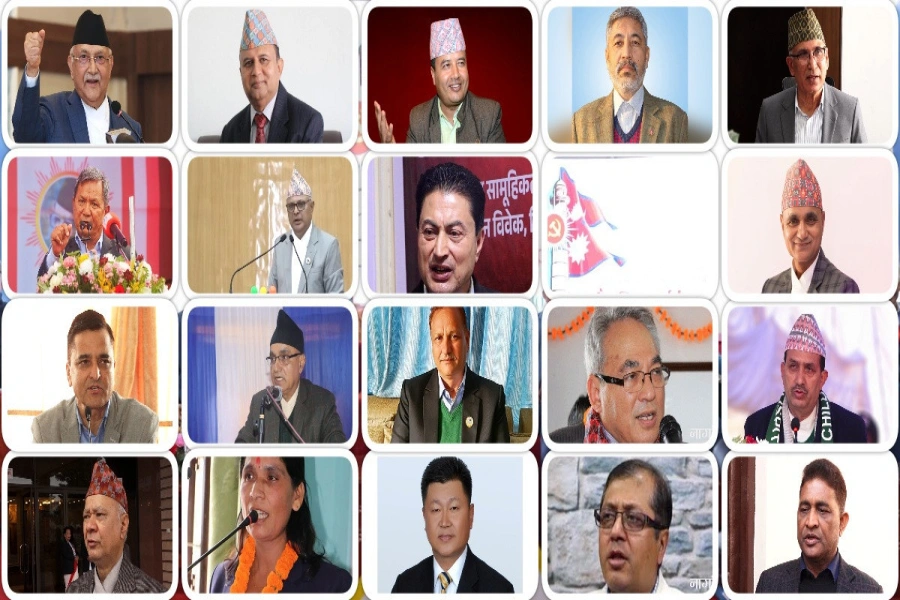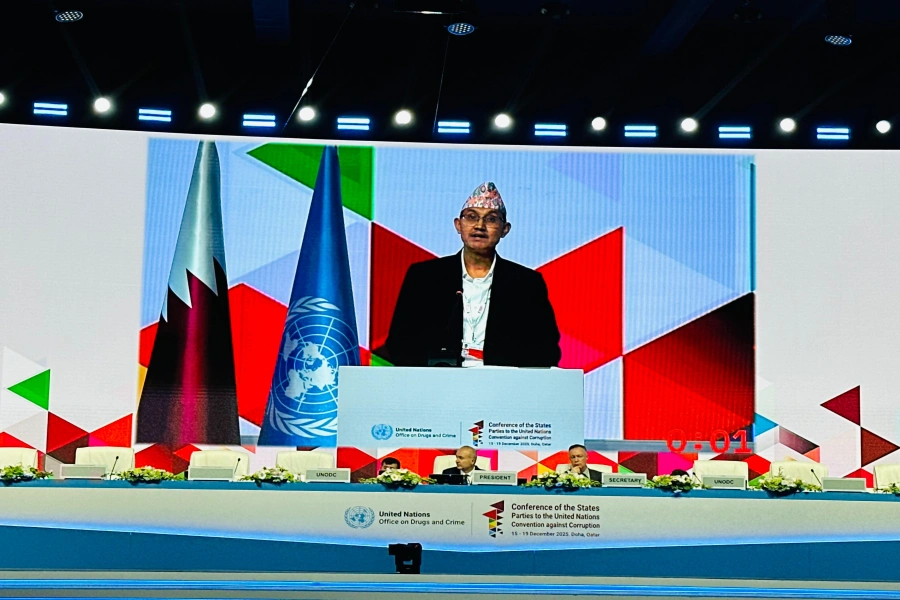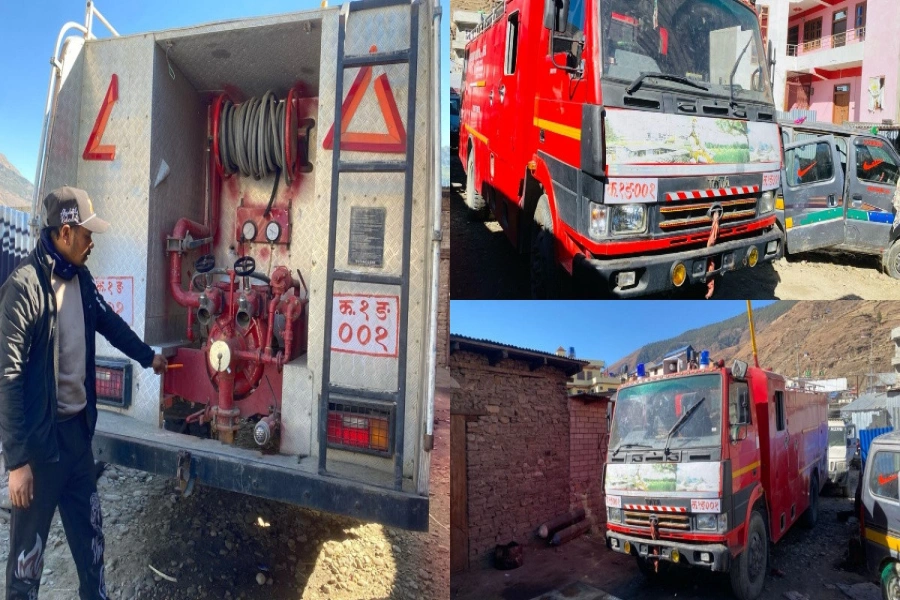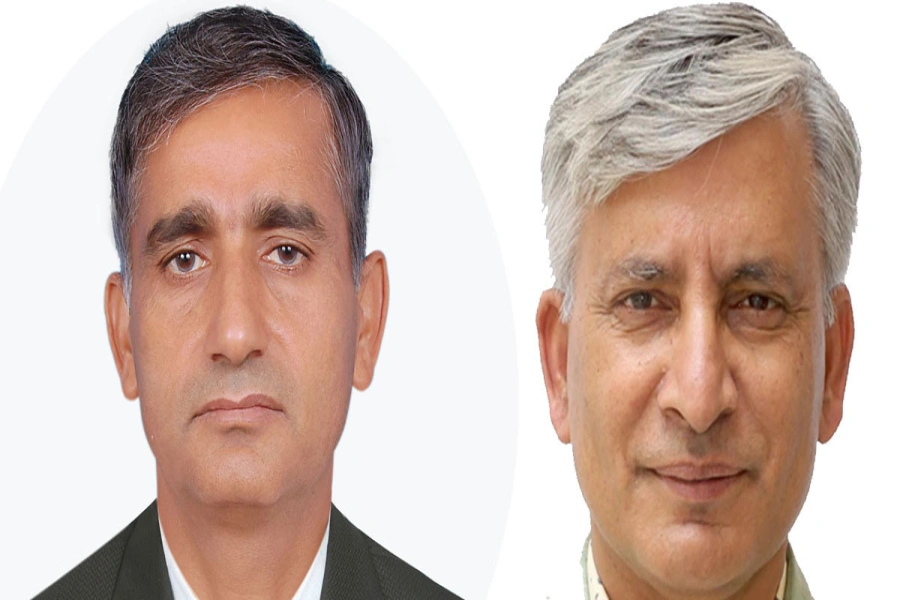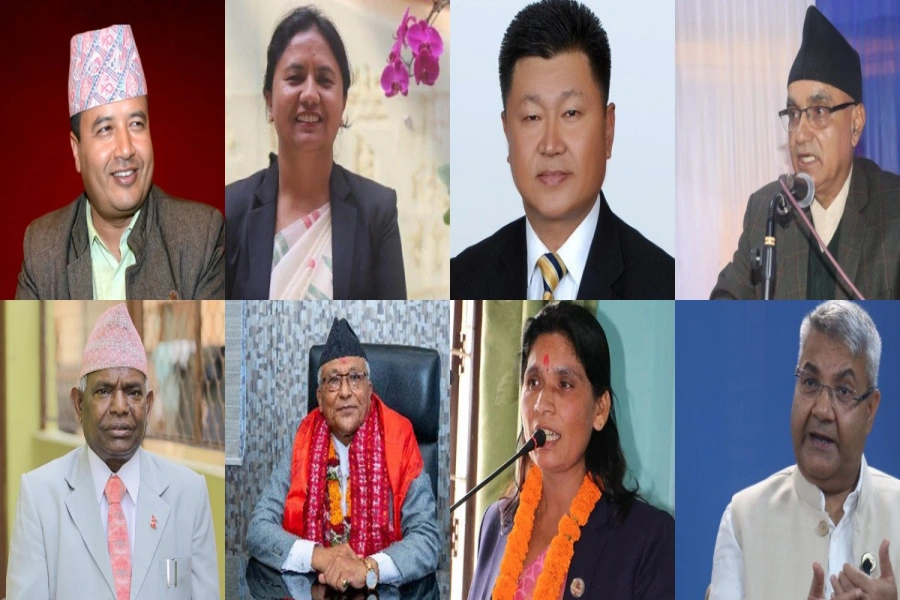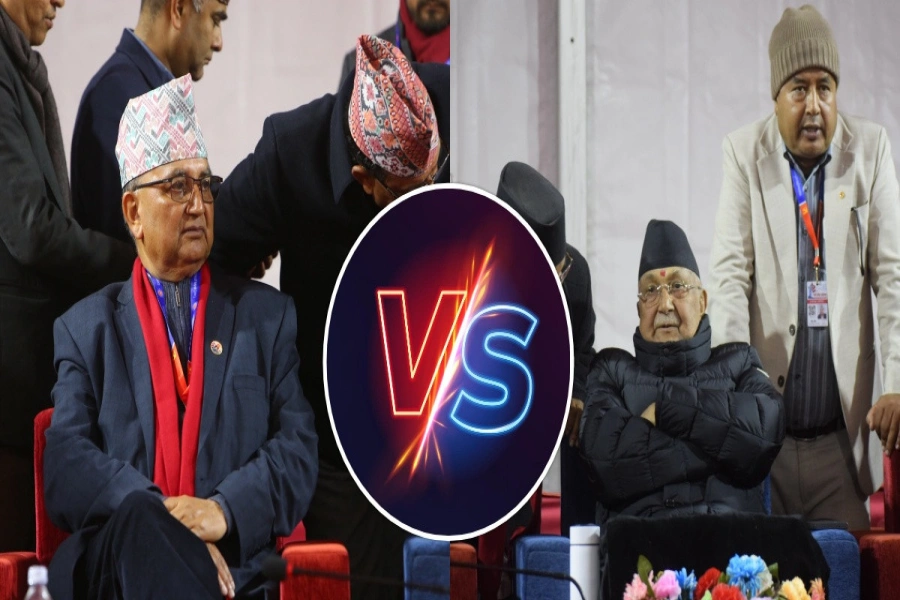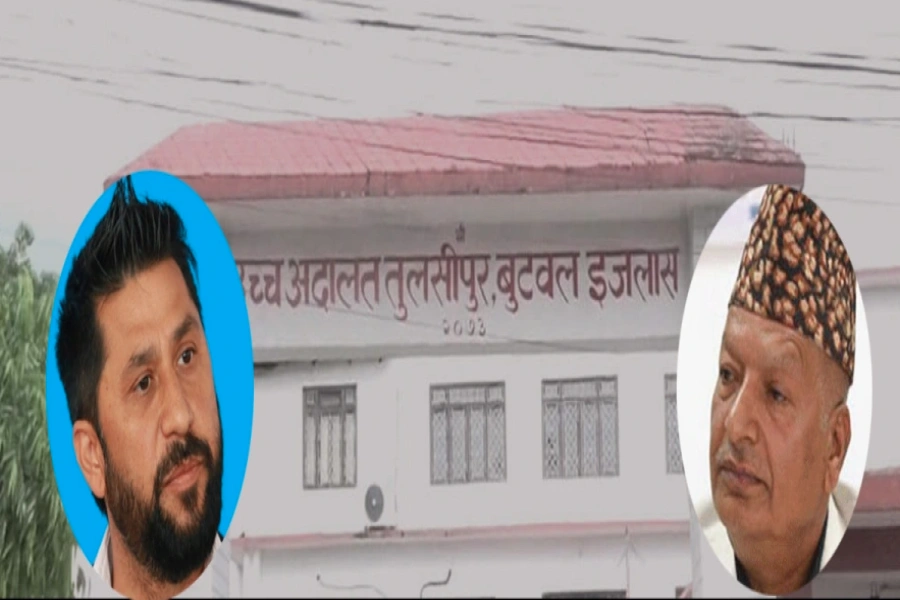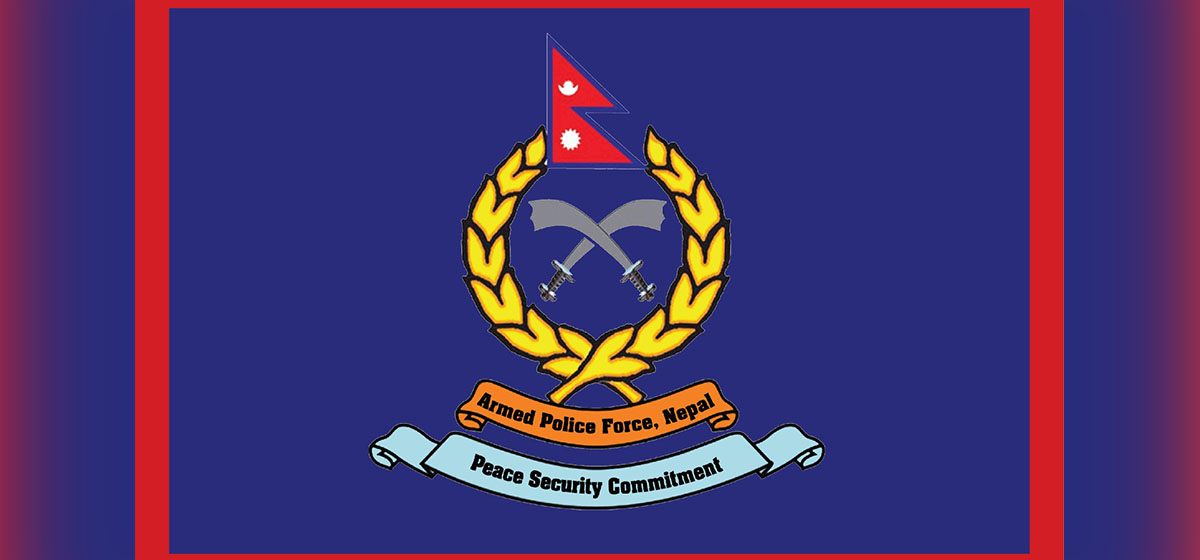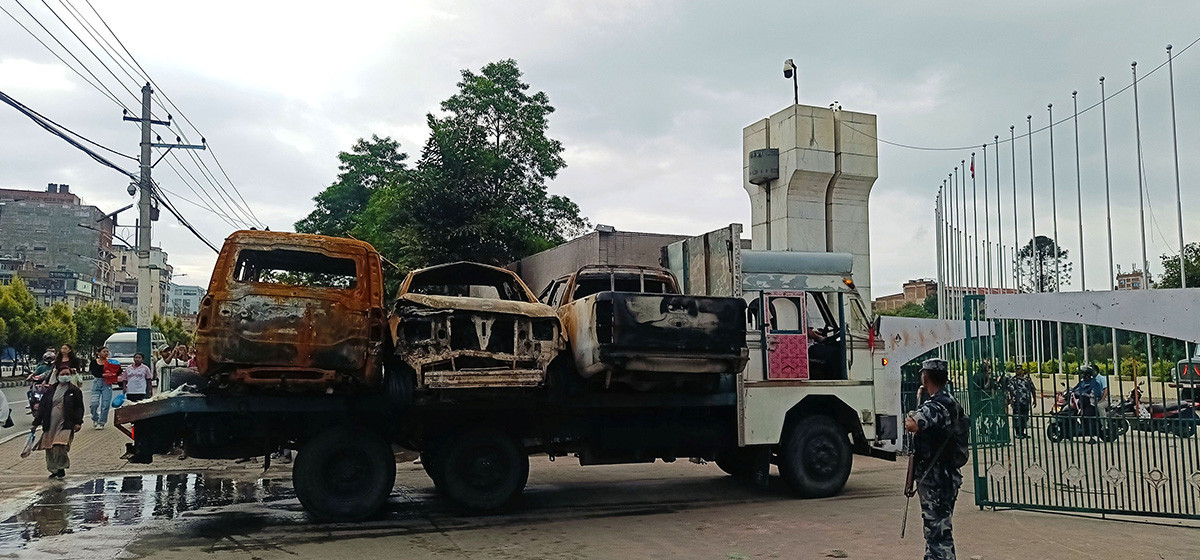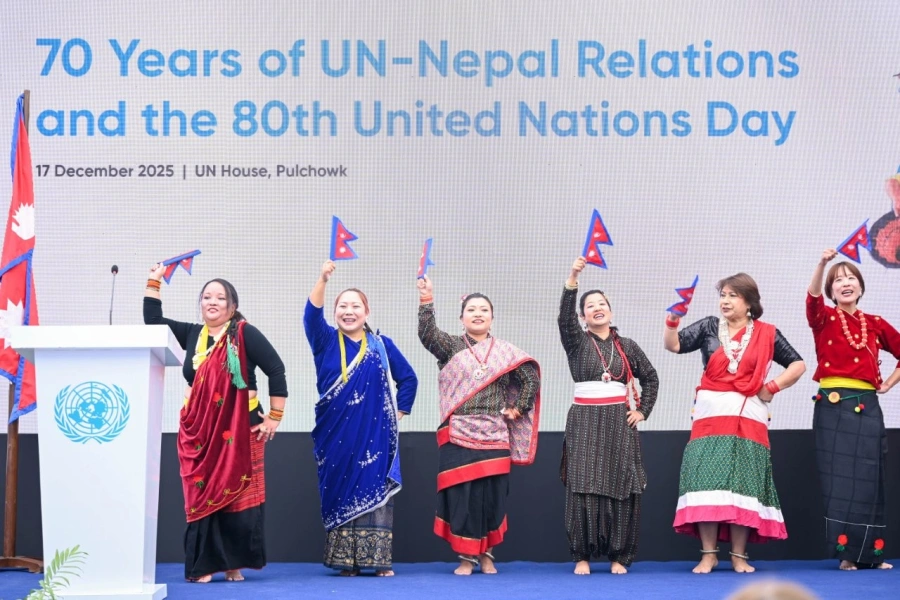It goes without saying that our leaders and people both reacted strongly to India's statements on Nepal's newly released constitution. The firebrand nationalism we are witnessing these days vis-à-vis India is only going to make things worse. Instead of understanding Indian statements, albeit a bit blunt, as concerns and calls to focus on diplomacy, we are interpreting them as veiled threats and an attack on Nepal's sovereignty.
For the first time in almost two decades, we have a government in India that really values friendship with Nepal, not only because of historical ties, but because of the future. Nepal is going to be a very important country for India's security and its various initiatives in the region, so as to counter what it views as China's growing influence and forays in the region. And for us, India is going to be an important regional ally and development partner in the changing economic and security dynamics in the region.
Therefore, it is definitely not in India's best interest to antagonize Nepal and for Nepal it makes no sense to seek new allies or give more leeway to powers that thrive on our tensions/problems with India. Pragmatic nationalism makes it imperative that we clearly understand our geopolitical, geostrategic and cultural realities. Other options based on our misinterpretation of geopolitics and geostrategic realities will only cost us dear.
If we view our relations with India from this angle, two things become obvious: India wants a stable Nepal with a strong and functioning government; and it wants to limit the role of other powers currently active in Nepal. And what is happening in the Tarai region, if not addressed promptly, is going to weaken and destabilize Nepal. A weak Nepal may be in the interest of other new entrants in Nepali politics, but as India has realized, it will be counter to India's interests in Nepal.
The use of (un)diplomatic language in Indian statements is also due to our own blunt response to the Indian Special Envoy S Jaiashankar's visit to Nepal, who unlike the previous special envoys, was calm and did not make any undiplomatic remarks. But one of our leaders called it "ill-timed" and the other, a minister, was quick to remark that we have no compulsions to heed India's advice all the time.
At best, they could have kept mum, and if that was not possible, issued a joint statement saying they held talks in an amicable manner and India's genuine concerns will be addressed. That would have sufficed. There was no need to portray India as appearing against Nepal's efforts to promulgate a constitution, by the same leaders who once sheepishly argued for aggressive Indian interference in Nepal's domestic affairs.
To make matters worse, India was unnecessarily mentioned by our leaders in the mass meet organized on September 21 to celebrate the new constitution. It was obvious to all that India did not want the constitution promulgated and it had reservations, some valid, some outright invalid. But the Indian concerns/reservations needed to be dealt in private and diplomatically. The way our leaders spoke, they sounded as if by promulgating the constitution they had defeated India. This was rather childish and uncalled for. The promulgation of constitution was no battle between David and Goliath—a small nation standing up to its powerful neighbor—but that's how it was portrayed. India's second statement released the same day was perhaps in response to what our leaders uttered in the mass-meet in Kathmandu.
Also, we did not understand that one of the reasons for India's reservation was the upcoming state legislative elections in the neighboring Bihar. To woo the voters the ruling BJP needed to appear concerned about the demands/concerns of the people with whom the voters in Bihar for centuries have had bread and bride relations. The best course of action would have been just to tailor our reaction in a way so as not to harm the ruling Indian party's political interests, but we were quick to react strongly.
The damage is already done. Now the onus lies on the leaders and diplomats to undo the damage. It is not that difficult. Tensions/misunderstandings between two countries are common in international relations and that's when the role of diplomats and skilled negotiators is important.
The first step is to appear flexible and ready to solve the problems diplomatically and India needs to stop issuing statements with veiled threats. Most importantly, we have to understand that India is doing what every functioning country does in similar situations: It is floating demands/suggestions that it clearly knows Nepal will not agree to, but, it will appear flexible once there is a genuine diplomatic effort to convince it that its valid interests in Nepal and the agitating Madheshis' valid demands/concerns will be addressed.
Therefore our diplomats and negotiators need not take seriously what India is floating now. The trick is to make India present its fallback options and agree on those that are not counter to our own interests and it is only possible if our leaders leave diplomacy and bilateral affairs to our diplomats with extensive experience in dealing with India.
To conclude, both sides need to understand that verbal quid pro quo is only going to exacerbate the situation.
Unethical 'political pragmatism' must stop





